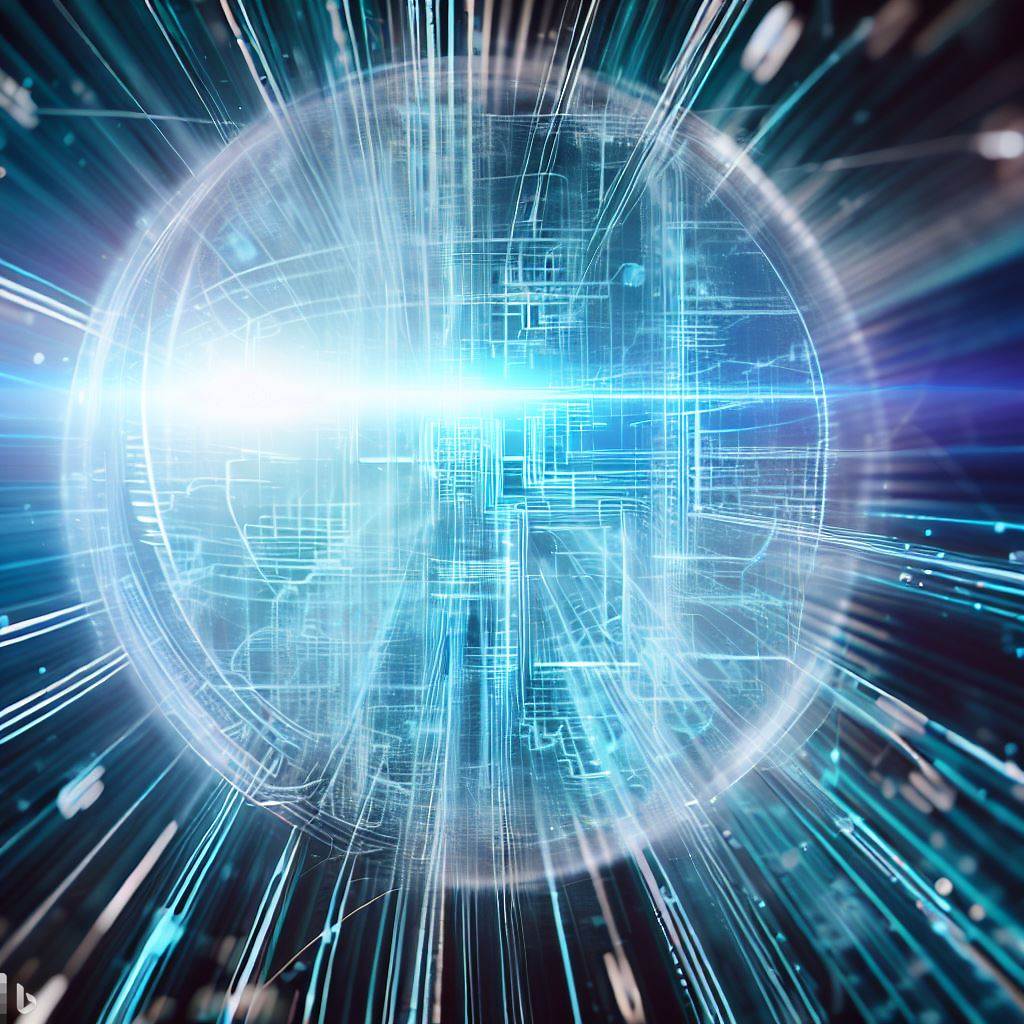The future of the internet is an expansive and rapidly-evolving subject, closely tied to advancements in technology, shifts in socio-economic dynamics, and global needs. Here’s a forward-looking glimpse into the potential trajectory of the internet:
1. Quantum Internet:
- Quantum Communication: Leveraging the principles of quantum mechanics, quantum internet might provide ultra-secure communication channels resistant to eavesdropping.
2. Decentralization:
- Blockchain and Web 3.0: A move towards a decentralized web, where data is stored across nodes rather than in centralized servers, enhancing security and privacy.
3. Expansion of IoT (Internet of Things):
- Smart Cities: Urban environments integrated with sensors, cameras, and other devices to optimize traffic, energy use, and more.
- Personal IoT: More household items becoming “smart,” from refrigerators to clothing.
4. Greater Accessibility:
- Internet for All: Initiatives like satellite-based internet (e.g., SpaceX’s Starlink) aiming to provide global high-speed internet coverage.
5. Enhanced Privacy and Security:
- Privacy Tools: As concerns over privacy grow, more tools and protocols will be developed to protect user data and identity.
- Cybersecurity: With increasing cyber threats, there will be an amplified focus on advanced security measures and protocols.
6. Mixed Reality (MR) and Virtual Reality (VR):
- Virtual Workspaces: The ability to work, meet, and collaborate in immersive virtual environments.
- VR Social Media: Social platforms where users can interact in virtual spaces.
7. Improved Web Infrastructure:
- 5G and Beyond: Faster, more reliable internet connections that will further facilitate streaming, gaming, and real-time applications.
8. AI and Automation:
- Personalized Web Experience: AI-driven content curation tailored to individual preferences.
- Automated Customer Support: More sophisticated AI chatbots and virtual assistants.
9. Sustainable Web:
- Green Data Centers: Shift towards renewable energy sources for data centers to reduce the carbon footprint.
- Sustainable Design: Websites and online platforms optimized to use less energy.
10. Regulation and Governance:
- Digital Rights: Evolving discussions on the rights of users, including data ownership, access, and freedom of expression.
- Global Governance: Potential discussions on a unified global framework for internet regulations.
11. Edge Computing:
- Local Data Processing: Processing data closer to where it’s generated (like IoT devices) for quicker response times and reduced bandwidth.
12. New Forms of Social Media and Communication:
- Metaverse: Collaborative, virtual shared spaces created by the convergence of virtually augmented physical reality and physically persistent virtual reality.
While the above gives an overview of the possible future landscape of the internet, the reality will be shaped by numerous unforeseen innovations, challenges, and global events. One thing is for sure: the internet will continue to play a pivotal role in humanity’s future, shaping cultures, economies, and individual lives.

